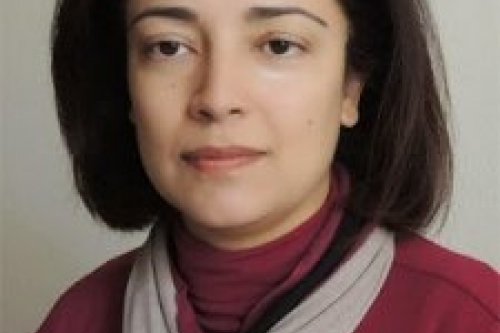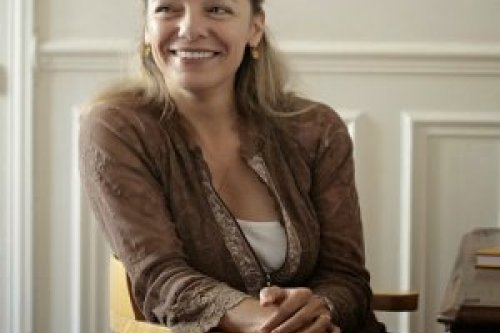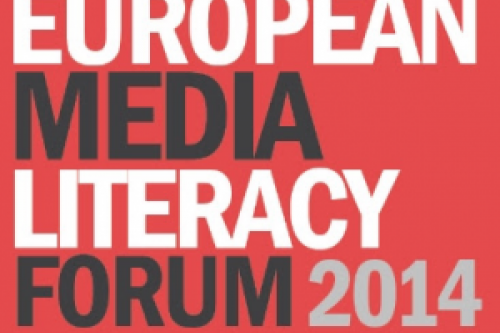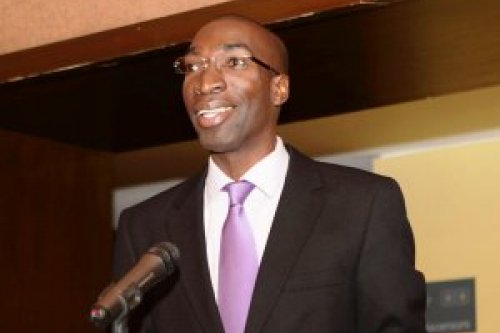


Languages
- Español
- English
Matteo Zacchetti (European Commission): "The Paris Forum can help to raise media literacy levels"
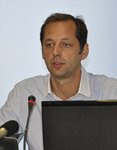
Matteo Zacchetti is one of the speakers at the European Media and Information Literacy Forum. "I do expect that the outputs of the forum will allow us to make some steps further in designing new policies (and better coordinating existing ones) which will raise media literacy levels among citizens", Zacchetti says in this interview about the Paris Forum.
Follow Zacchetti's ideas at the European Media and Information Literacy Forum in Paris, which will be inaugurated next 27 May, 2014 at UNESCO headquarters.
GCE: What are your expectations towards the European Media Literacy Forum? What advances, concerning policies, research and cooperation should be expected from it?
MZ: It is a very important event bringing together people dealing with different aspects of media literacy from all over Europe and the world. Actually, there are not so many opportunities for such wide discussion and all participants will really have to make the best of it.
Am I too ambitious if I say that I do expect that the outputs of the forum will allow us to make some steps further in designing new policies (and better coordinating existing ones) which will raise media literacy levels among citizens and ultimately make Europe (and world) a better place?
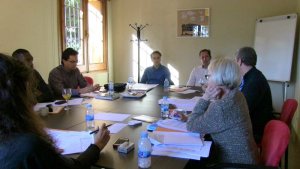
GCE: What are the main challenges that Media literacy is facing at European level?
MZ: There are still many obstacles and challenges. First of all, a very uneven development of media literacy policies across Europe. This leads to inequalities between Europeans not only across different countries and territories but also across different social layers and ages.
But even more, I see the danger of drowning the most important parts of media literacy education (helping people to develop a critical mind to media content and landscape and to society; support active citizenship) into a digital skills "commercial" approach which would merely privilege technical knowledge with the excuse that this is what the market demands.
GCE: We are expecting 300 participants in the Forum, most of them stakeholders in this field, not only from Europe but also from other continents, mainly Africa and America. There are also participants from ministries, industry, social organizations, film libraries, universities, regulatory authorities, etc...: What should we expect from this opportunity for dialogue?
MZ: I am very thrilled by this opportunity to meet people with different backgrounds and competences but equally passionate about media literacy and I am curious to see how they tackle different problems from different points of view. We should expect a lot of interesting debates, even some disagreements I hope, as they are always necessary in order to get to a higher synthesis. And following the Forum, I hope there will be a better understanding of what are the most few urgent things to do in order to improve media literacy levels across societies.

GCE: Does the European Comission have any specific presentation or project to propose/launch at this forum?
MZ: Well, yes...first of all we are very happy that the EMEDUS project supported by the European Commission will be able to present its results, conclusion and recommendations in such a forum. It is a very important step for us and we believe the consortium has accomplished a tremendous work. I believe that the relation between media literacy and school is crucial if we want to fight against inequality of opportunities.
Secondly, the Commission will be there to actively show once again its strong commitment to the development of media literacy in Europe. In a way it is a sign that the Forum takes place immediately after the European Parliament elections. We will try and make the point on the results of our policy action in the last years and get new inputs and ideas to be developed with the new Commission in the next 5 years.
GCE: What is the importance of this meeting concerning the definition of a European research agenda?
MZ: I think that research objectives and methods have to remain as free as possible. However, as policy maker I think that coordinating objectives and resources for some pan-European research would be extremely useful. I refer in particular to those investigations that are particularly expensive and need time. A good example is the assessment of media literacy levels of European citizens.
Matteo Zacchetti is Deputy Head of the DG Information Society and Media Unit "Media Programme and Media Literacy" of the European Commission.
For more than a decade, the European Union (EU) has supported the promotion of media literacy within the framework of European Member States, with the objective of promoting a more active, critical, and participative citizenship in Information Society.

